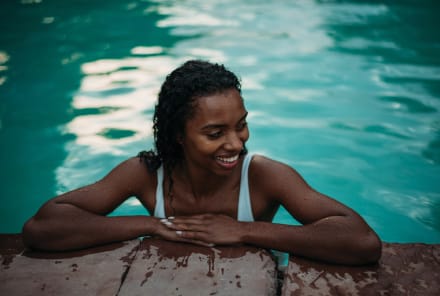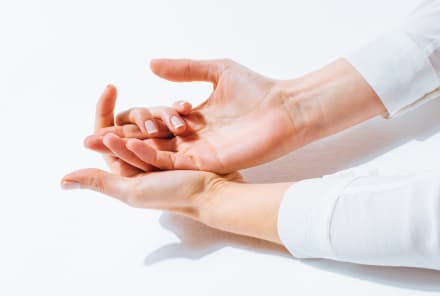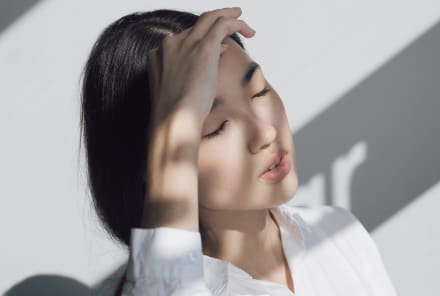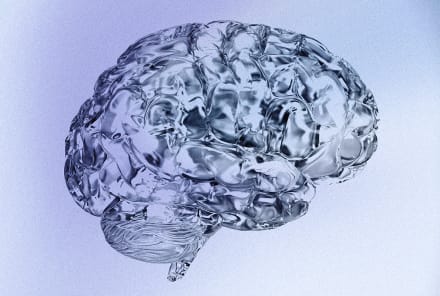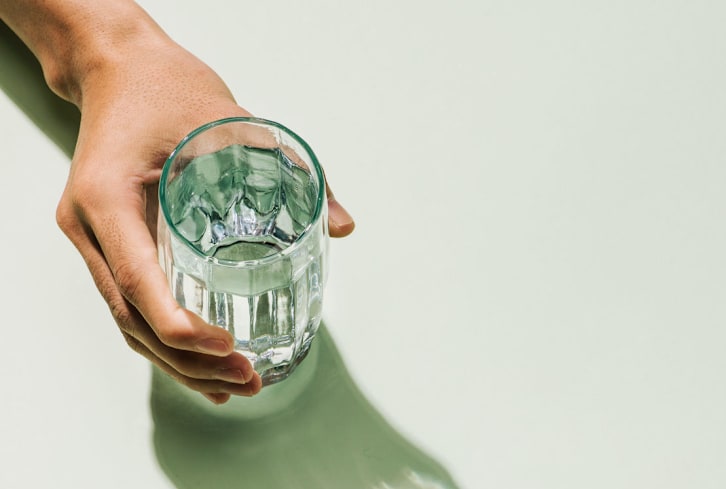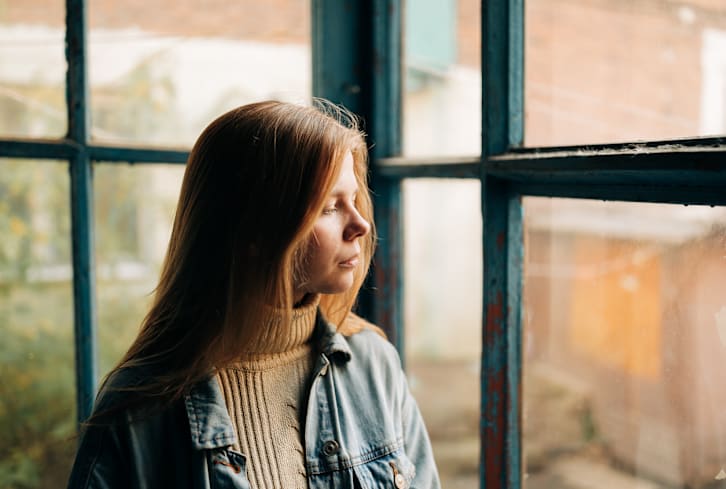Advertisement
The Sleep Stage That Suffers As You Age — And How To Get It Back On Track

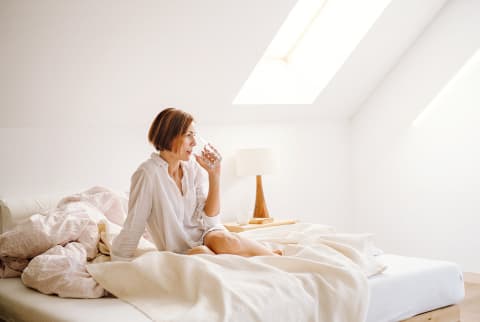
When we think about the aging process, sleep is rarely top of mind. But sleep needs are not a constant. Not only does the amount of sleep change throughout life, but the amount of time you spend in each stage also changes as the years pass by. Here's what the science says about how aging can affect sleep.
Why deep sleep lessens with age
Multiple studies have shown that the older we get, the less time we spend in deep sleep1 each night. Just as a refresher, deep sleep is also known as stage 3 sleep, and it's essential for muscle and tissue growth, as well as cellular repair.
As naturopathic sleep doctor Catherine Darley, N.D., previously explained to mbg, roughly 75% (and up to 85%) of our total growth hormone in a day is secreted during deep sleep.
According to one 2017 study published in the scientific journal Neuron, it appears we get less deep sleep as we age because of key changes to certain neurons and circuits22 in the areas that regulate sleep as we age, which results in less non-REM sleep.
Other sleep changes that happen with age
Interestingly, not only do we get less non-REM sleep (stages 1 through 3) the older we get, but we actually get less REM sleep too—aka the sleep stage in which we dream. In fact, babies can spend up to 50% of their sleep in this stage, but adults average only about 20 to 25% in REM3.
On top of that, older adults are more like to report sleep disturbances4, such as less time asleep in general, more frequent nighttime wakeups, and more. As neurologist Nicole Avena, Ph.D., previously explained to mbg, "Quality of sleep can decline [with age] due to hormonal changes, medical complications, and stress."
What to do about it
If all of this sounds bleak, there is good news: You can help your body get more deep and restful sleep through lifestyle changes as you age. Namely, according to Darley, exercise is one research-backed intervention for getting more deep sleep. Research on middle-aged and elderly adults has shown that exercise promoted increased sleep efficiency and duration5 regardless of the mode and intensity of activity.
And if you're looking to get more REM sleep, studies show you'll want to lay off the booze before bed, as it's known to inhibit this sleep stage as well. Practicing good sleep hygiene, avoiding technology before bed, and taking a relaxing sleep supplement can also help you catch some more zzz's, no matter your age.*
The takeaway
We could still use some more research on the exact mechanisms behind sleep changes and aging (and what it means for us); in the meantime, you can take steps to get better sleep on your own, no matter how old you are.
5 Sources
- https://pubmed.ncbi.nlm.nih.gov/15586779/
- https://www.cell.com/neuron/fulltext/S0896-6273(17)30088-0
- https://www.ncbi.nlm.nih.gov/books/NBK19956/
- https://www.ncbi.nlm.nih.gov/pmc/articles/PMC5841578/#:~:text=In%20general%2C%20deep%20sleep%20(slow,11%20(see%20Figure%201).
- https://www.ncbi.nlm.nih.gov/pmc/articles/PMC5385214/
Watch Next
Enjoy some of our favorite clips from classes
Enjoy some of our favorite clips from classes
What Is Meditation?
Mindfulness/Spirituality | Light Watkins
Box Breathing
Mindfulness/Spirituality | Gwen Dittmar
What Breathwork Can Address
Mindfulness/Spirituality | Gwen Dittmar
The 8 Limbs of Yoga - What is Asana?
Yoga | Caley Alyssa
Two Standing Postures to Open Up Tight Hips
Yoga | Caley Alyssa
How Plants Can Optimize Athletic Performance
Nutrition | Rich Roll
What to Eat Before a Workout
Nutrition | Rich Roll
How Ayurveda Helps Us Navigate Modern Life
Nutrition | Sahara Rose
Messages About Love & Relationships
Love & Relationships | Esther Perel
Love Languages
Love & Relationships | Esther Perel
What Is Meditation?
Box Breathing
What Breathwork Can Address
The 8 Limbs of Yoga - What is Asana?
Two Standing Postures to Open Up Tight Hips
How Plants Can Optimize Athletic Performance
What to Eat Before a Workout
How Ayurveda Helps Us Navigate Modern Life
Messages About Love & Relationships
Love Languages
Advertisement
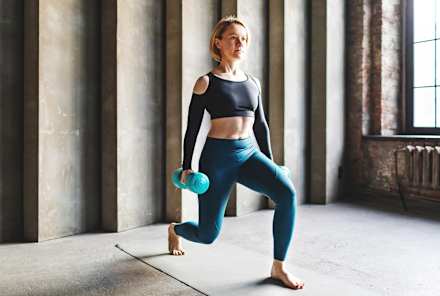
Study Shows Doing This Gives Your Brain A 24-Hour Boost (No Caffeine Involved)
Molly Knudsen, M.S., RDN

Study Shows This Vitamin May Lower Your Risk Of Alzheimer’s By 17%
Molly Knudsen, M.S., RDN

Study Shows Doing This Gives Your Brain A 24-Hour Boost (No Caffeine Involved)
Molly Knudsen, M.S., RDN

Study Shows This Vitamin May Lower Your Risk Of Alzheimer’s By 17%
Molly Knudsen, M.S., RDN

Study Shows Doing This Gives Your Brain A 24-Hour Boost (No Caffeine Involved)
Molly Knudsen, M.S., RDN

Study Shows This Vitamin May Lower Your Risk Of Alzheimer’s By 17%
Molly Knudsen, M.S., RDN

Study Shows Doing This Gives Your Brain A 24-Hour Boost (No Caffeine Involved)
Molly Knudsen, M.S., RDN

Study Shows This Vitamin May Lower Your Risk Of Alzheimer’s By 17%
Molly Knudsen, M.S., RDN

